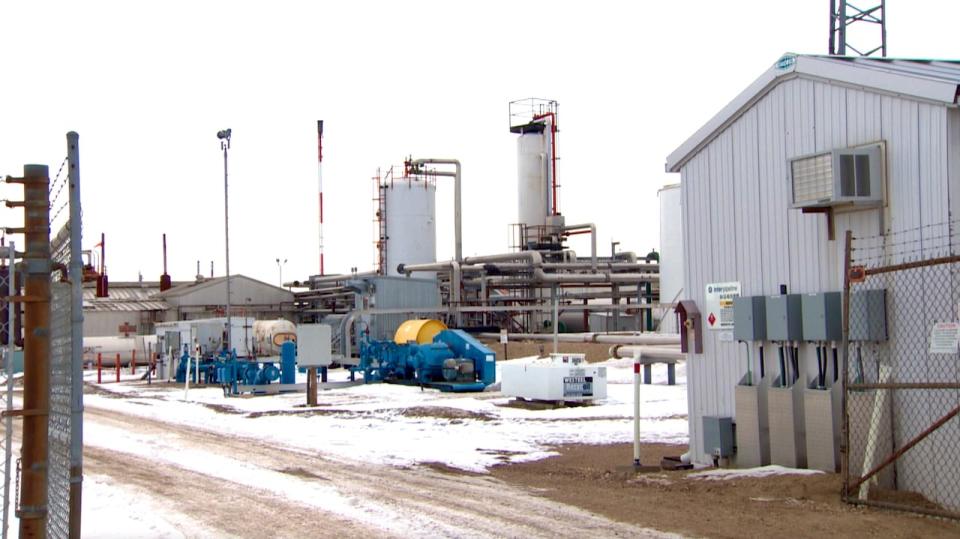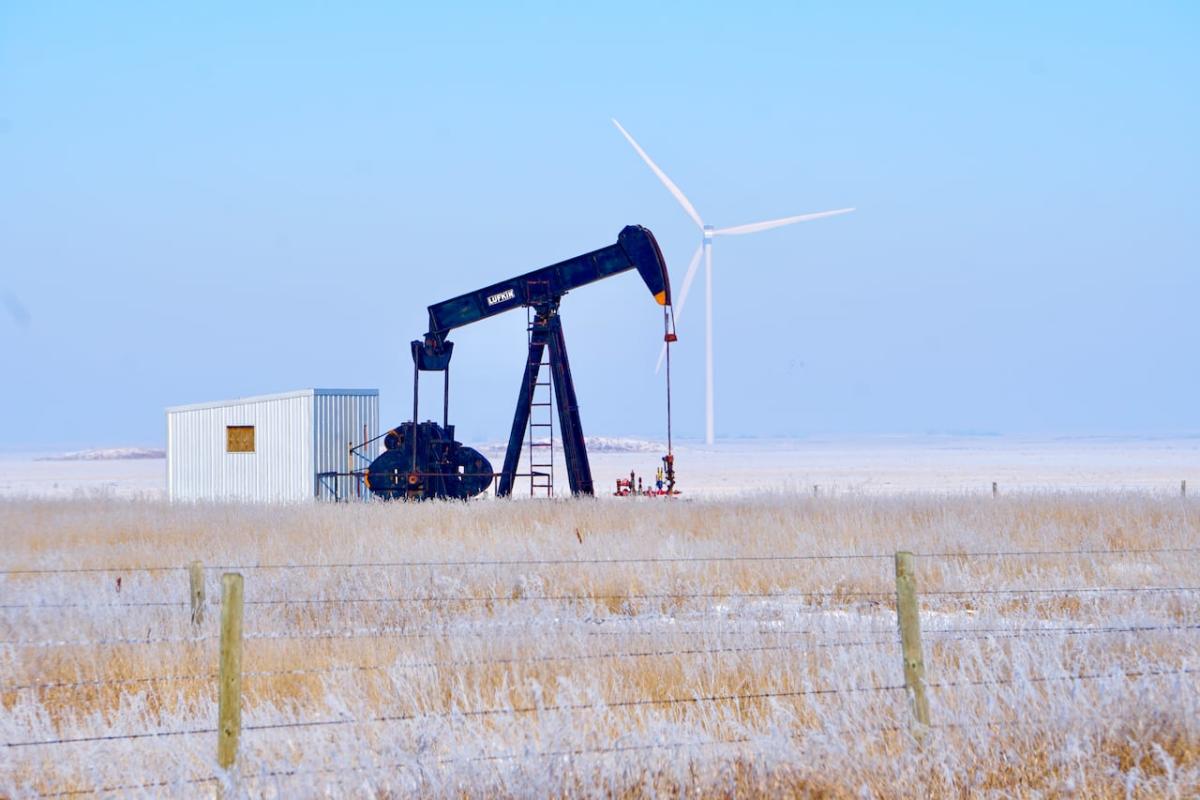The Alberta government is making it tougher for foreign companies to invest in energy infrastructure, which legal experts say is impacting the amount of investment in the province.
The move would apply to the purchase of many types of oil, natural gas and electricity facilities, from power plants and pipelines to solar farms and transmission lines.
The province’s regulations are unchanged, but there has been a “recent reinterpretation” of those rules, lawyers say.
As a result, the Alberta government’s Foreign Ownership of Land Administration is making it more difficult for foreign companies to buy existing energy industry infrastructure.
It’s not clear what spurred the move, said Bryce Kustra, a Calgary-based real estate lawyer with Osler, Hoskin & Harcourt, noting that the law firm is fielding many calls from clients who are surprised and have questions about the potential impact on property sales.
Previously, if a power plant or other facility was sold in the province, the identity of the purchaser didn’t matter. Now, if the purchaser is a foreign company, Kustra said the sale can be delayed for several months until a decision is made whether to approve or reject the deal.
“It adds significant transaction uncertainty,” said Kustra.
“That’s looking at a four- to eight-month minimum process with no guarantee of the outcome at the end, and that could put a real chill on both the transaction market and whether developers are willing to construct facilities at all because it narrows the pool of potential purchasers,” he said.

‘It is rarely easy, not quick and a very cumbersome process’ for foreign companies to invest in energy infrastructure in Alberta, says Calgary lawyer Alixe Cameron, with Bennett Jones. (Kyle Bakx/CBC)
The foreign ownership restrictions also apply to Canadian companies that don’t meet certain criteria, such as having Canadian residents representing at least two-thirds of the firm’s board of directors.
That’s why the current situation is having an impact on both foreign and Canadian investment in Alberta’s energy industry, said Alixe Cameron, co-head of commercial real estate at law firm Bennett Jones.
“It’s definitely on our radar,” she said. “It is rarely easy, not quick and a very cumbersome process” for deals to be approved.
Legislation has not changed, said Cameron.
“But what has changed is the policies around the legislation and how the Foreign Ownership of Land Administration is interpreting those same regulations. They are taking a much narrower approach.”
If a foreign company proposes new construction or an expansion as part of an investment in Alberta’s energy sector, the deal would be exempt from the regulations, although permits and approvals would be needed by other regulators in the province that oversee the production and movement of oil, natural gas and electricity.
The Foreign Ownership of Land Administration office is part of the Service Alberta and Red Tape Reduction government department.
Brandon Aboultaif, press secretary to Service Alberta Minister Dale Nally, said no decision has been made about foreign ownership regulations and there is ongoing communication with everyone involved.
“There has been no change to disqualify foreign companies from buying any constructed energy asset in Alberta, including oil, gas, renewable and power plants,” said Aboultaif, in an emailed statement.
The foreign investment regulations have been in effect since 1979.

